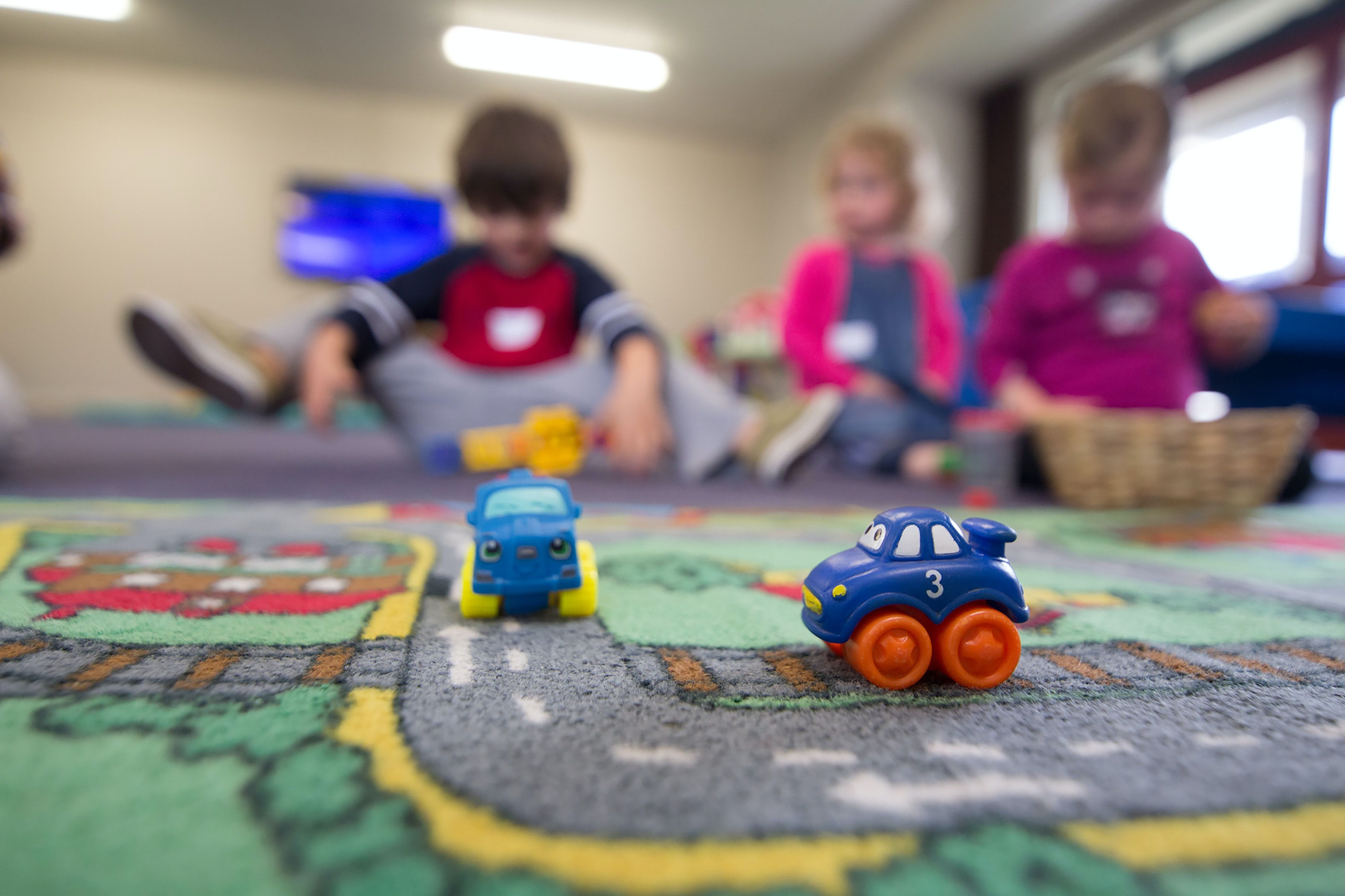
Has the government forgotten children during Covid-19?
July 14, 2020
The government’s economic response to Covid-19 has, in many ways, been expansive, but there has been a surprising blind spot in relation to the burdens faced by families with children. This is nowhere more evident than in the continued, dogged defense of the benefit cap, a policy which restricts the amount of money in benefits any household with no-one in paid work can receive. Earlier this month, Dr Coffey – Secretary of State for Work and Pensions – used her statement to the House of Commons to reiterate the government’s commitment to the benefit cap, saying that she did not ‘think it is necessary right now to change it’. This means that additional support the Government is providing through universal credit, for example, will not reach some of the households most in need.
Dr Coffey’s inflexibility on this issue intensifies the risk of poverty faced by children living in families affected by the cap during a period when those risks are already dangerously high. Those most affected are larger families (with more than two children) and single parent families – households already facing significant challenges as they navigate the very real demands and constraints COVID-19 causes, and who are already at a higher risk of poverty.
If there was ever a time to remove the benefit cap, it would be now. Continuing with it is both unfair and incoherent. The benefit cap formally breaks the historic link between need and entitlement in our benefits system. It was designed to incentivise people into work, but that logic is difficult to defend under the economic shutdown. Capped households are, in effect, being punished for their failure to find work, despite there being no work for them to take up. The cap is underpinned by the ‘carrot and stick’ approach, which also forms the rationale for stringent welfare conditionality and benefit sanctions, all of which have been (if only temporarily) removed. That the cap endures while wider forms of welfare conditionality are suspended is a stark inequity that will disproportionately harm larger and single parent families, fuelling existing inequalities yet further.
On top of this, the number of capped households is likely to have risen because of the lockdown. Labour MP and Shadow Secretary of State for Work and Pensions Jonathan Reynolds suggests there are currently 100,000 families subject to the benefit cap (up from 76,000 in November 2019 last year). Parents who lose their job may find their benefits suddenly capped. Single parent households are – again – likely to be disproportionately affected as the industries most affected by the shutdown are female-dominated.
The benefit cap is incoherent because it works against the effectiveness of the government’s support for families affected by the shutdown. For families already living under the cap, the additional protections offered by government will have no effect at all. Most notable here is the £1,000 increase in the standard allowance in universal credit. Rightly lauded as a step in the right direction, the rise will be of no help to those already subject to a benefit cap. In fact, for some households, it will actually push them into being capped, perhaps for the first time. Take a single mother who lives outside of London and currently receives £19,500 in social security payments over the year, including to help with housing costs. She will only receive £500 of the additional payment because the cap will remove the other £500.
All children are being asked to bear a huge burden during the shutdown – separated from friends, school and other activities. But for some children the implications are more serious – the lockdown means not getting enough to eat because their parents cannot afford enough food and the free school meals system is simply not working properly. Indeed nearly one third of those eligible for free school meals are not currently receiving a replacement.
The government cannot remove every negative consequence that children will face as a result of the virus, but they can act to mitigate and minimize the most severe hardships. Lifting the benefit cap would help to protect children from going hungry and would remove some of the strain of the lockdown from their parents. Currently, the government’s refusal to lift the cap undermines the government’s efforts to support low-income families. Removing the cap would show that the government has not forgotten that children are paying a price for this lockdown too.
This has been reposted from CPAG


